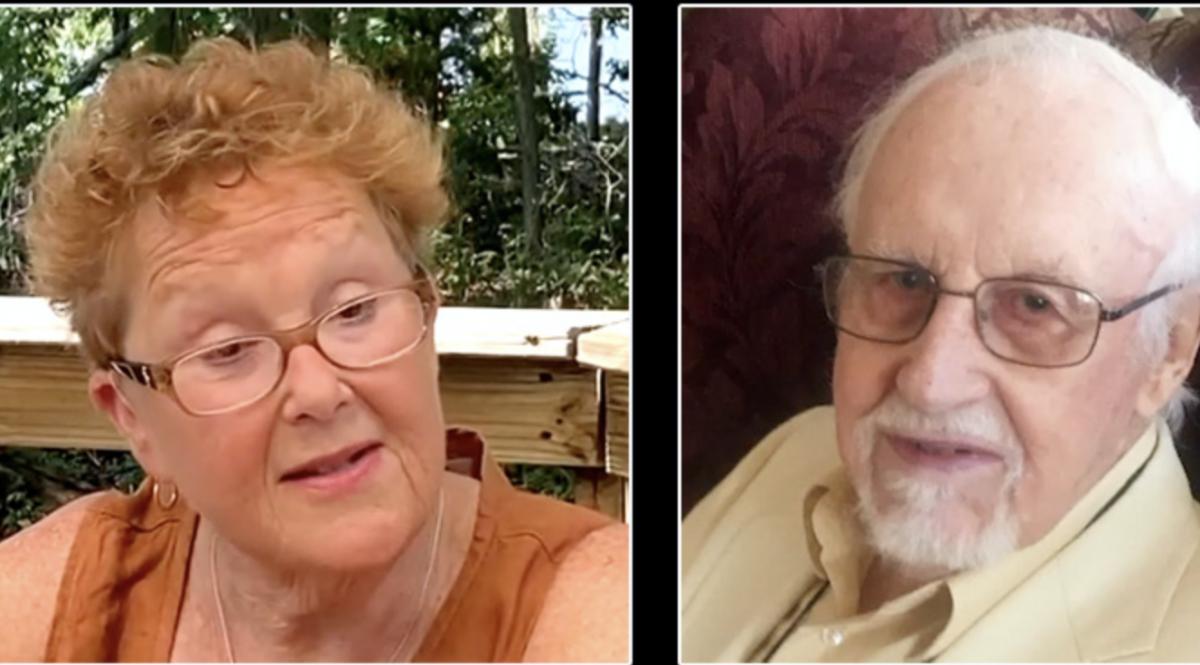Receiving a diagnosis for an incurable disease can be a frightening moment for the individual and family. For most of us, any end-of-life plan remains vague and lacks knowledge of options.
As much as the idea of dying can be fearful, making decisions and managing one’s end-of-life plan can maximize the quality of life for those who have been diagnosed with an incurable disease.
One of the great options is hospice, a service that focuses on the quality of life for people experiencing advanced, life-limiting illness.
That’s where hospice comes in, providing comfort, support, and a host of other care services provided by a team of health care professionals whose mission is to reduce pain and address physical, psychological, social and spiritual needs.
Compass Regional Hospice in Centreville is a shining example. Their spectrum of services offers “care on your terms” for the individual and the family, and have been serving Kent, Queen Anne’s and Caroline since 1985.
Depending on one’s needs, Compass can help families make decisions as soon as a person has been diagnosed. That may range from home care when curative treatment is no longer an option, to residential hospice care, a medically supportive alternative when staying at home is no longer possible. Other services include continuous care to address short-term crisis care in the home and general inpatient hospice care for short-term pain management and symptoms requiring 24-hour medical supervision.
The Spy was recently offered an opportunity to talk with Shelagh Grasso, whose father, Keith, decided on Compass as soon as he was diagnosed with congestive heart failure in June.
Both Shelagh and Keith were familiar and impressed with Compass. Some years ago, Shelagh’s mother was diagnosed with Alzheimer’s, and the family suddenly found themselves in need of a plan for her care. That’s when they discovered Compass Regional Hospice.
Keith’s second wife also succumbed to Alzheimer’s, and once again, Compass became part of the family’s life.
Keith wanted to remain home as long as he could and continue living on his own under the care of Compass’ Home Hospice Care team, who visits several times a week.
But it’s more than just health check-ups. Shelagh says that members of the Compass team have become “family.”
“Right now, he’s very happy comfortable, and I’m comfortable knowing that there’s someone other than me caring for him and making his life a little easier,” Shelagh says.
This video is approximately seven minutes in length. For more information about Compass Regional Hospice please go here.



Sharon Ponsell says
Great article! Thank you!